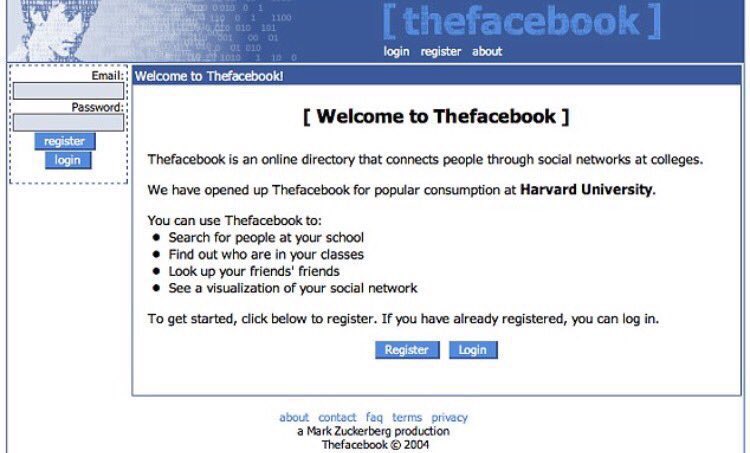On October 28, Facebook announced that it would reorganize with a new parent company named Meta. The change will not affect the names of their various products like Facebook, WhatsApp, or Instagram. The new name and logo represent an infinite loop, gaming controllers, augmented reality and virtual spaces that are referred to by the Web 3.0 community as the metaverse.
The announcement video went viral for all sorts of reasons. From the oddly-placed barbeque sauce bottle on Mark’s shelf to his usual robotic behaviours to the presentation including a CGI rip-off of the Ready Player One cinematic universe.
Facebook has been producing VR/AR hardware for some time, branded as Oculus, with multiple models in different price segments depending on the functionality.
Based on what has been revealed so far, it seems like Meta will offer a complete business package with tools for remote workers and freelancers under a new product called Horizon Homes for a hybrid workspace for interactive meetings and hangouts.
There are billions of users on Facebook, Instagram, WhatsApp and Oculus. Even if a fraction of those users is onboarded to Meta’s offerings, it will accelerate adoption at an exponential rate. Facebook’s transition into a Metaverse company is an endorsement and validation for crypto and the NFT ecosystem. It can act as a gateway for people to experience the metaverse and migrate into the wider world of decentralized metaverses and DAOs.

However, Facebook is a centralized company that has weathered various accusations for a lack of transparency and data use violations. In addition, the Company previously failed to launch its Libra coin, which has since been rebranded as Diem and then Nova. Although Facebook has a head start with a large user base, it has fumbled its Web 3.0 efforts and faces serious headwinds due to regulatory scrutiny
Ultimately, no matter how many users Facebook has, the Company will fail if it attempts to push a centralized metaverse without developer or community support. Many of the existing, early metaverses are built on the Ethereum blockchain, which is decentralized, permissionless, immutable, censorship-free and it will not sell user data for profits. Meta will need to differentiate itself and improve over existing offerings in order to gain the trust of the Web 3.0 community--nothing Facebook has ever done indicates that as likely 🚨
— Jo De (@jo_degenhardt) October 28, 2021


